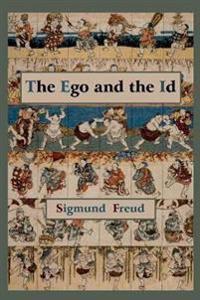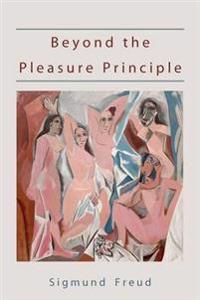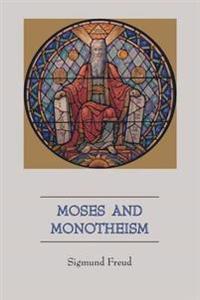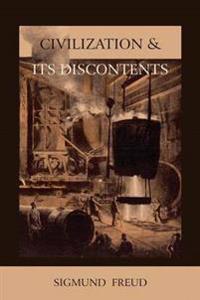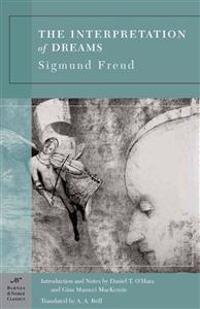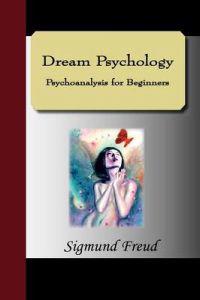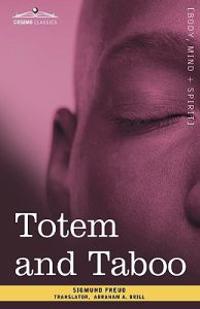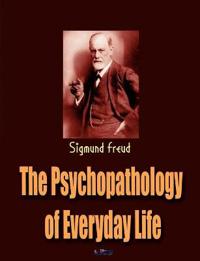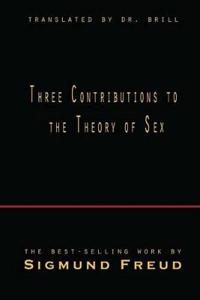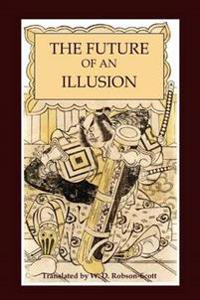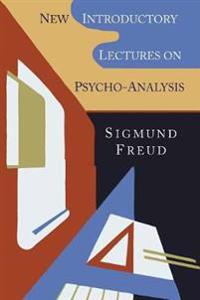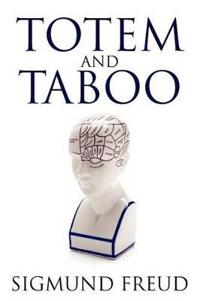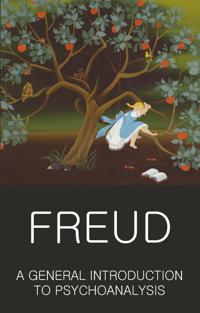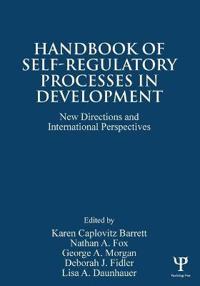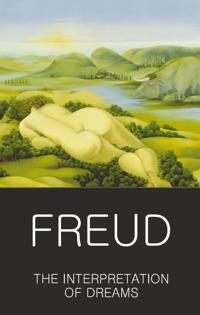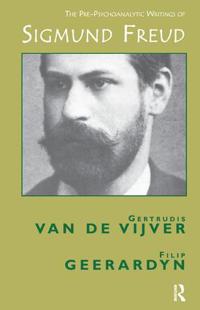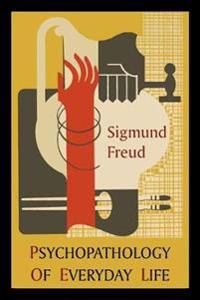The Ego and the Id - First Edition Text (Häftad)
avSigmund Freud
ISBN: 9781578989256 - UTGIVEN: 2010-06Beyond the Pleasure Principle-First Edition Text (Häftad)
avSigmund Freud
ISBN: 9781578989263 - UTGIVEN: 2010-06The Interpretation of Dreams (Häftad)
avSigmund Freud
ISBN: 9781593082987 - UTGIVEN: 2013-03"Interpretation of Dreams," by Sigmund Freud, is part of the "Barnes & Noble Classics"" "series, which offers quality editions at affordable prices to the student and the general reader, including new scholarship, thoughtful design, and pages of carefully crafted extras. Here are some of the remarka[...]
Dream Psychology Psychoanalysis for Beginners (Pocket)
avSigmund Freud
ISBN: 9781595478580 - UTGIVEN: 2007-07The Psychopathology of Everyday Life (Häftad)
avSigmund Freud
ISBN: 9781609420192 - UTGIVEN: 201004Three Contributions to the Theory of Sex (Häftad)
avSigmund Freud
ISBN: 9781609420857 - UTGIVEN: 2010-09Three Contributions to the Theory of Sex (Häftad)
avSigmund Freud
ISBN: 9781614270133 - UTGIVEN: 2011-032011 Reprint of 1916 Edition. Full facsimile of the original edition, not reproduced with Optical Recognition Software. Originally published as "Three Essays on the Theory of Sexuality," this is the revised and considerably expanded edition published in 1916. in these early essays Freud advanced his[...]
New Introductory Lectures on Psycho-Analysis (Häftad)
avSigmund Freud
ISBN: 9781614274643 - UTGIVEN: 2013-08Totem and Taboo (Häftad)
avSigmund Freud
ISBN: 9781619492936 - UTGIVEN: 201201This landmark collection of essays by the father of psychoanalysis explores the conflict between primitive feelings and the demands of civilization. Freud identifies a strong unconscious inclination as the basis of taboo, a forbidden behavior, and traces its earliest appearance to the childhood deve[...]
A General Introduction to Psychoanalysis (Storpocket)
avSigmund Freud
ISBN: 9781840226867 - UTGIVEN: 201206Sigmund Freud's controversial ideas have penetrated Western culture more deeply than those of any other psychologist. The 'Freudian slip', the 'Oedipus complex', 'childhood sexuality', 'libido', 'narcissism' 'penis envy', the 'castration complex', the 'id', the 'ego' and the 'superego', 'denial', 'r[...]
Sigmund Freud (Pocket)
ISBN: 9781843919223 - UTGIVEN: 2011-07Freud is a figure needing no introduction, yet his reputation owes as much to myth as to the facts of his life and work. Despite his groundbreaking work on theories including the functioning of the subconscious, the repression of trauma, and the psychological import of dreams, he has frequently been[...]
Handbook of Self-Regulatory Processes in Development (Häftad)
avSigmund Freud
ISBN: 9781848726246 - UTGIVEN: 201301The development of self- and emotional regulatory processes helps children to regulate their behavior based on their cultural context and to develop positive social relationships. This handbook brings together heretofore disparate literatures on self- and emotional regulation, brain and physiologica[...]
The Interpretation of Dreams (Storpocket)
avSigmund Freud
ISBN: 9781853264849 - UTGIVEN: 199708Sigmund Freud's audacious masterpiece, The Interpretation of Dreams, has never ceased to stimulate controversy since its publication in 1900. Freud is acknowledged as the founder of psychoanalysis, the key to unlocking the human mind, a task which has become essential to man's survival in the twenti[...]
Sigmund Freud and the Jewish Mystical Tradition
ISBN: 9781853431425 - UTGIVEN: 1991-03Bakan challenges the view of Freud that he was a secular, rationally and scientifically-orientated intellectual, educated in modern culture and with only a modicum of formal Jewish education. He argues that Freud was influenced in his major and revolutionary life work by a mystical tradition.[...]
The Pre-Psychoanalytic Writings of Sigmund Freud (Pocket)
avGertrudis (EDT) Van De Vijver, Filip (EDT) Geerardyn, Gertrudis (EDT) Van De Vijver
ISBN: 9781855752856 - UTGIVEN: 2002-12The traditional dating of the origin of psychoanalysis to 1900, when Freud published The Interpretation of Dreams, ignores the massive body of work he produced well before this date. Covering fields as diverse as neurology, physiology, philosophy, and pharmacology, this wealth of unjustly neglected [...]

